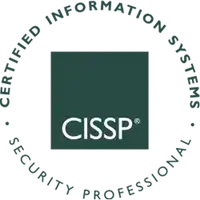WHAT WE DO
Abricto Security is redefining penetration testing and the value it brings to our customers. With decades of experience, we’ve seen it all and developed our services to dynamically tailor-fit each of our clients. From custom security assessments to long-term service partnerships, digging deep to understand your organization’s specific challenges is what sets us apart. Our “you first” attitude impacts everything we do, which is why we approach each client with a unique set of solutions.

OUR SERVICES & ASSESSMENTS
Abricto Security offers a wide array of specialized assessments to measure and quantify the effectiveness of your organization’s security controls. These are great snapshots of current security posture. Services are on-going partnerships designed to iteratively improve security controls and practices.
LATEST BLOGS
Privilege Escalation on macOS: Leveraging Common Techniques
Introduction I am a firm believer that given enough time and resources, vulnerabilities can be found in any platform. Sometimes they are hard, sometimes they are easy, but they are there. ...
Network Poisoning Scanner with Trafficscan.py
Anyone that has ever had to deal with an internal network penetration test knows the big 3 of network poisoning attacks. Those are Link Local Multicast Name Resolution (LLMNR), Network Basic Input/Output System (NetBios), ...
Escapes Evading Environmental Entities Entirely
The latest hacking scheme of the XZ Utils vulnerability showcases the importance of code review. We can view different files as a raw file in something like Github. How often have you received or reviewed ...





















